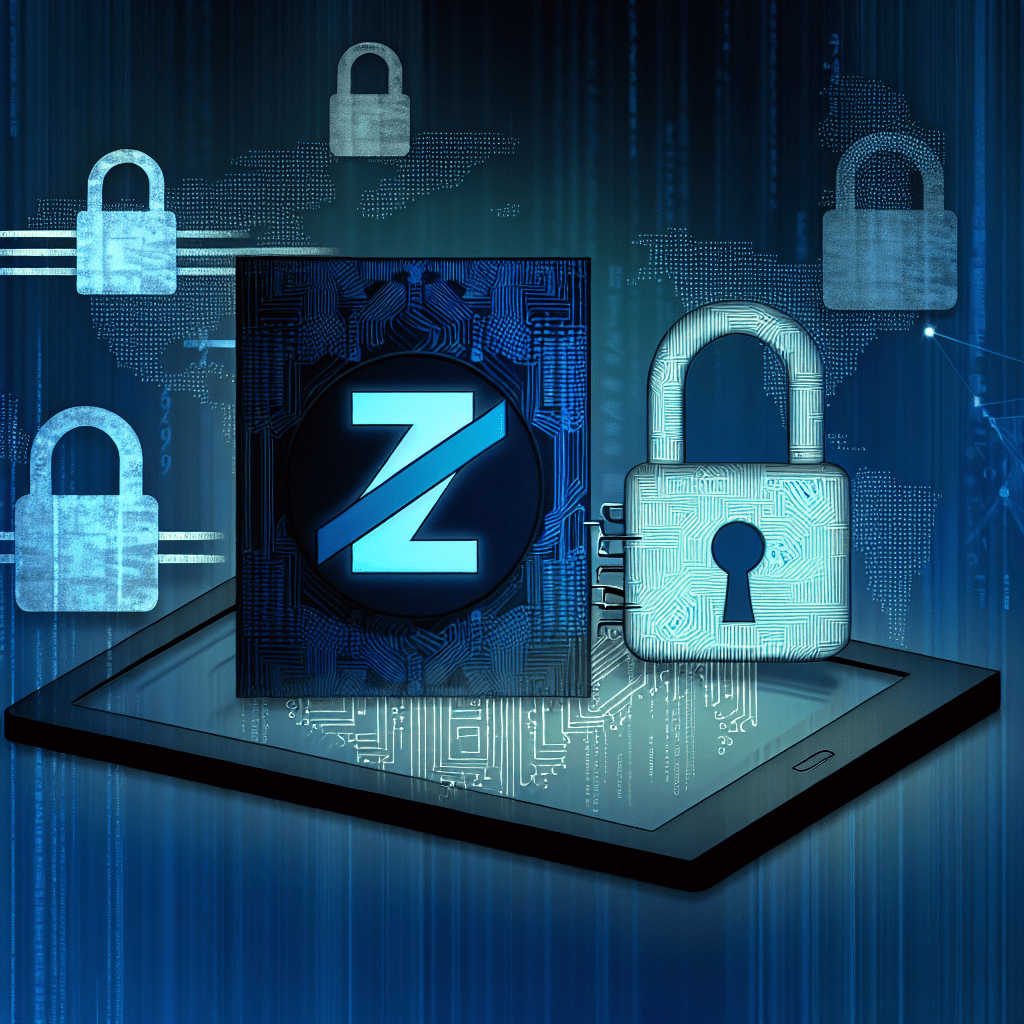Multichain DEX aggregator ShapeShift has introduced support for shielded (private) transactions using the Zcash privacy cryptocurrency.
According to an announcement on Thursday shared with Cointelegraph, ShapeShift’s self-custodial decentralized exchange (DEX) aggregator and wallet now supports Zcash (ZEC) shielded transactions. This announcement coincides with Zcash Community Grants allocating $50,000 to bolster ShapeShift’s technical and marketing efforts.
As stated in the announcement, this initiative aims to “provide genuine privacy on-chain for its users.”
This follows ShapeShift’s decision to delist anoncoins, known as privacy coins, in 2020 due to regulatory pressures. However, this was during their operation as a centralized instant exchange before they transitioned to a DEX aggregator and eliminated Know Your Customer requirements the following year.
“Integrating shielded ZEC into ShapeShift DAO broadens access to unstoppable private money,” remarked the Zcash community grants team. “It provides the ShapeShift community with a decentralized avenue to obtain and utilize ZEC without depending on centralized exchanges, perfectly mirroring the values of privacy, freedom, and self-custody that Zcash embodies.”
Related: EU to ban anonymous crypto accounts and privacy coins by 2027
The infrastructure
A representative from the ShapeShift decentralized autonomous organization (DAO) mentioned in the Zcash forums that “ShapeShift today is a DAO, not the centralized company that [it was] back in 2016.”
“Back then, regulatory pressure did lead to ZEC being delisted, but that was under a totally different structure. Now, ShapeShift DAO is community-governed, fully open, and building in public.”
ShapeShift is utilizing a node network from blockchain infrastructure firm Liquify for execution. The DEX aggregator has also revamped the application interface “into a cleaner, Uniswap-style swapper optimized for mobile.”
Related: Zcash founder joins Shielded Labs, advocates for hybrid PoS upgrade
Crypto privacy faces mounting pressure
Arthur Firstov, chief business officer at crypto payment processor Mercuryo, told Cointelegraph that “privacy is the foundation of trust.” Zcash uses zero-knowledge proofs (ZK-proofs) to facilitate optional shielded transactions where the amounts transferred, as well as the sender and receiver, remain confidential.
Since its launch in late 2016, ZK-proofs have gained traction as a development focus. Firstov explained that such “proofs allow a user to demonstrate the validity of a claim without disclosing their data.”
Nevertheless, applications that emphasize financial privacy often provoke the ire of regulators. Recent reports from mid-September suggest that the European Union’s extensive Anti-Money Laundering regulations could potentially ban privacy-preserving tokens and anonymous crypto accounts starting in 2027.
Some analysts warn that regulatory actions may exacerbate the issue. Ki Young Ju, CEO of crypto analytics firm CryptoQuant, stated in May that censorship-resistant “dark stablecoins” could see a rise in demand as governments impose stricter controls on the industry.
Magazine: EU’s privacy-killing Chat Control bill delayed — but fight isn’t over

